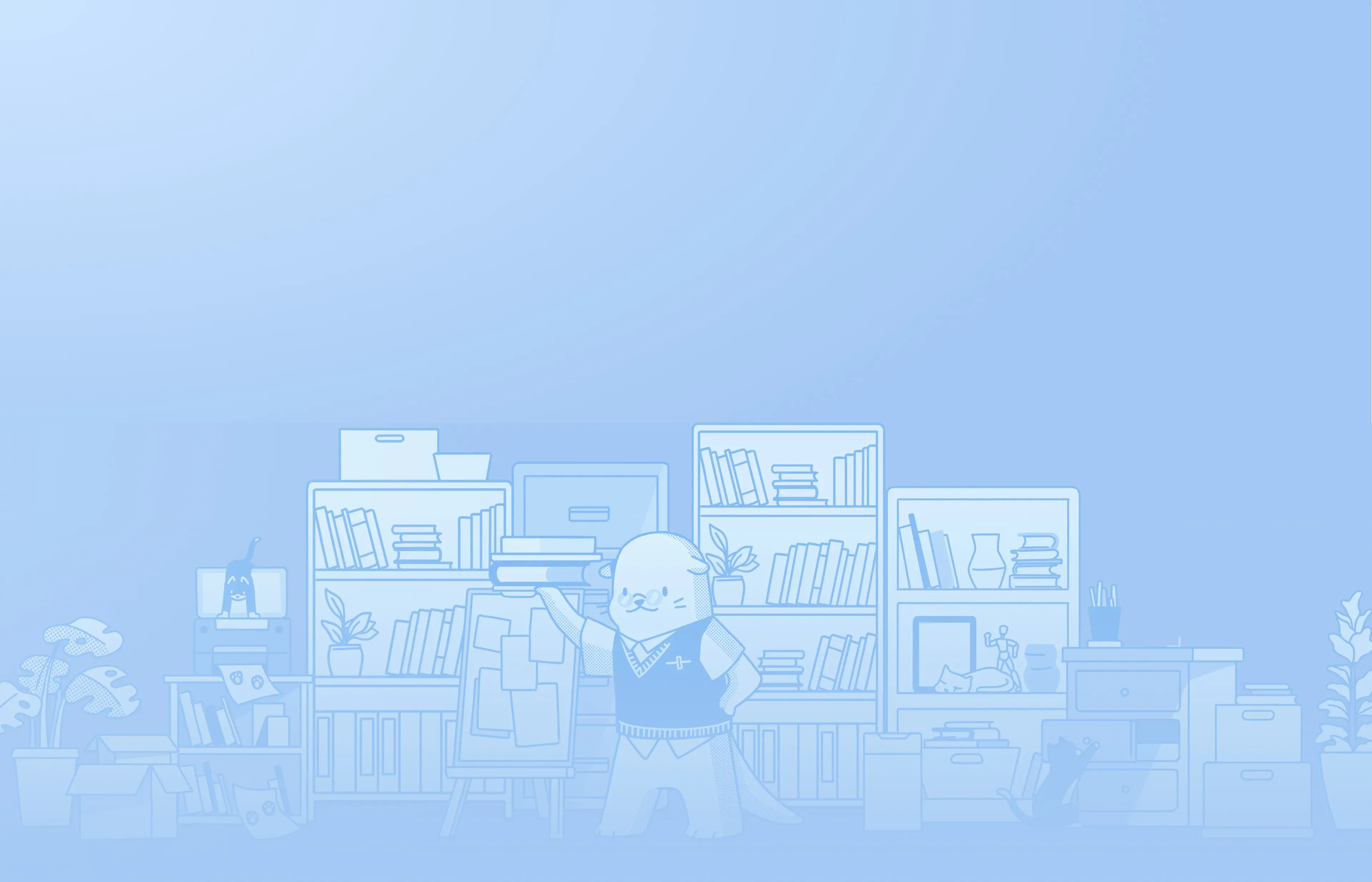

WordPress has dominated the CMS landscape for years, powering 43% of all websites. But is it still the best choice for a company website in 2025? With evolving web technologies, increasing security threats, and the rise of headless CMS platforms, businesses are re-evaluating their options. This article explores WordPress’s strengths, its challenges, and how it compares to modern alternatives.
Security has always been a concern for WordPress. The core software has become more secure, with only 0.2% of vulnerabilities in 2023 attributed to it. However, plugins and themes remain a major risk, accounting for 97% of WordPress-related security issues.
Because WordPress is so widely used, it’s a prime target for hackers. Malware injections, database breaches, and defacements remain common. The platform does offer security plugins, managed hosting, and best practices to mitigate risks, but keeping a WordPress site secure requires ongoing maintenance. If security is a priority but you lack resources for continuous monitoring, a headless CMS or a managed platform might be a safer option.
Headless CMS platforms (e.g., Sanity, Payload, Contentful) separate content from presentation, delivering content via API. This enables flexibility in using modern front-end frameworks and distributing content across multiple channels (web, mobile, apps). Let’s compare the advantages of Headless CMS:
Headless CMS solutions shine for companies needing performance, scalability, and flexibility. However, for businesses that need a content-rich website with minimal development effort, WordPress remains a strong option.
While WordPress remains powerful, businesses frequently encounter these issues:
For businesses facing these issues, exploring alternatives like a headless CMS, Webflow, or Framer could be beneficial.
Despite its challenges, WordPress remains the best choice in many scenarios:
For businesses that prioritize ease of use, affordability, and quick deployment, WordPress remains a solid solution.
One company that made the shift from WordPress to a headless CMS is Ciberspring. We helped them migrate from WordPress to Sanity, alongside a full website revamp. The transition took a total of four weeks, during which we restructured content, optimized performance, and implemented a more flexible architecture for future scalability.
After the migration, we saw a significant boost in site speed, reducing load times by over 50%, leading to improved user experience and SEO rankings. Additionally, the move to Sanity allowed for real-time content editing, improved security, and a better developer experience by enabling the use of modern front-end technologies.
This project demonstrated the advantages of shifting from a traditional monolithic CMS to a headless approach—offering better performance, security, and long-term maintainability.
<INSERT TABLE>
Factor | WordPress (Traditional CMS) | Headless CMS (Sanity, Contentful, etc.) |
|---|---|---|
Security | Vulnerable plugins, requires monitoring | Fewer attack surfaces, API-based security |
Scalability | Needs strong hosting & caching | Scales easily via cloud and CDNs |
Ease of Use | User-friendly WYSIWYG editor | Requires structured content knowledge |
Development | PHP-based; plugin-dependent | Supports modern JavaScript frameworks |
Performance | Requires optimization for speed | Optimized for fast loading times |
Maintenance | Frequent updates required | Provider-managed updates (SaaS models) |
The answer depends on your business needs. WordPress remains a powerful and user-friendly CMS, ideal for content-rich websites, blogs, and businesses needing quick deployment. Its extensive ecosystem makes it a flexible and cost-effective solution for many companies.
However, modern alternatives offer compelling benefits in performance, security, and flexibility. If your website demands ultra-fast load times, multi-channel content delivery, or custom front-end development, a headless CMS or website builder may be a better fit.
Rather than a one-size-fits-all approach, businesses should assess their website needs, security concerns, and development capabilities before choosing a CMS. If WordPress continues to meet your needs, there’s no urgency to switch. But if you’re struggling with performance bottlenecks or security maintenance, exploring modern alternatives could be worthwhile.
Considering WordPress?
Our team can help you assess your website’s needs and recommend the best platform. Contact us for a consultation and ensure your web presence is optimized for 2025 and beyond.
